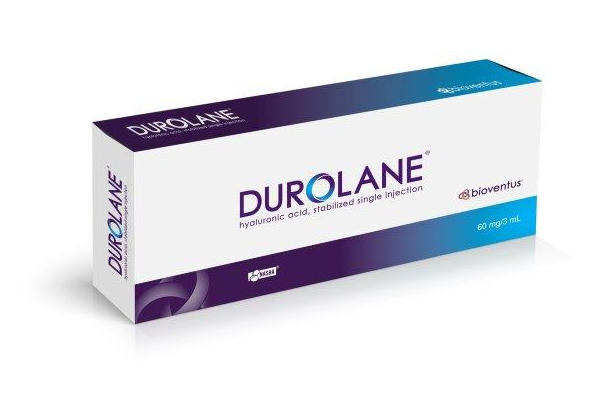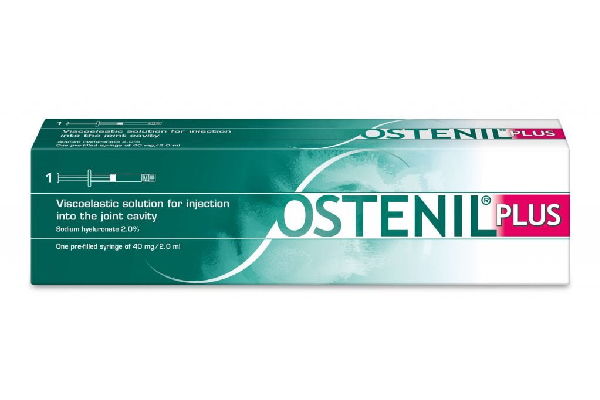





Hyaluronic Acid Injections
Hyaluronic Acid Injections in Cardiff, Carmarthen, Bridgend, Newport and Porthcawl
iPS provide Hyaluronic Acid Injections in Cardiff, Carmarthen, Bridgend, Newport and Porthcawl. Ultrasound-guided Hyaluronic Acid (HA) injections are a safe, non-surgical treatment option for joint pain. These injections can help restore joint lubrication, reduce discomfort, and improve mobility—particularly in knee joints, though there is also evidence supporting their use in hip and ankle osteoarthritis. Our Hyaluronic Acid Injections are administered using ultrasound guidance, by our specialist physiotherapist Gareth Tremain. This ensures precision which has been shown to be essential for hyaluronic acid injections to be effective.

Free Parking at all our clinics

Important: At iPS, we only perform Ultrasound Guided Injections for peripheral joints and soft tissue injuries and conditions in upper and lower limbs (shoulders to fingers, hips to toes). We do not inject the neck, spine, lower back, sacroiliac joint to treat back pain or sciatica.








